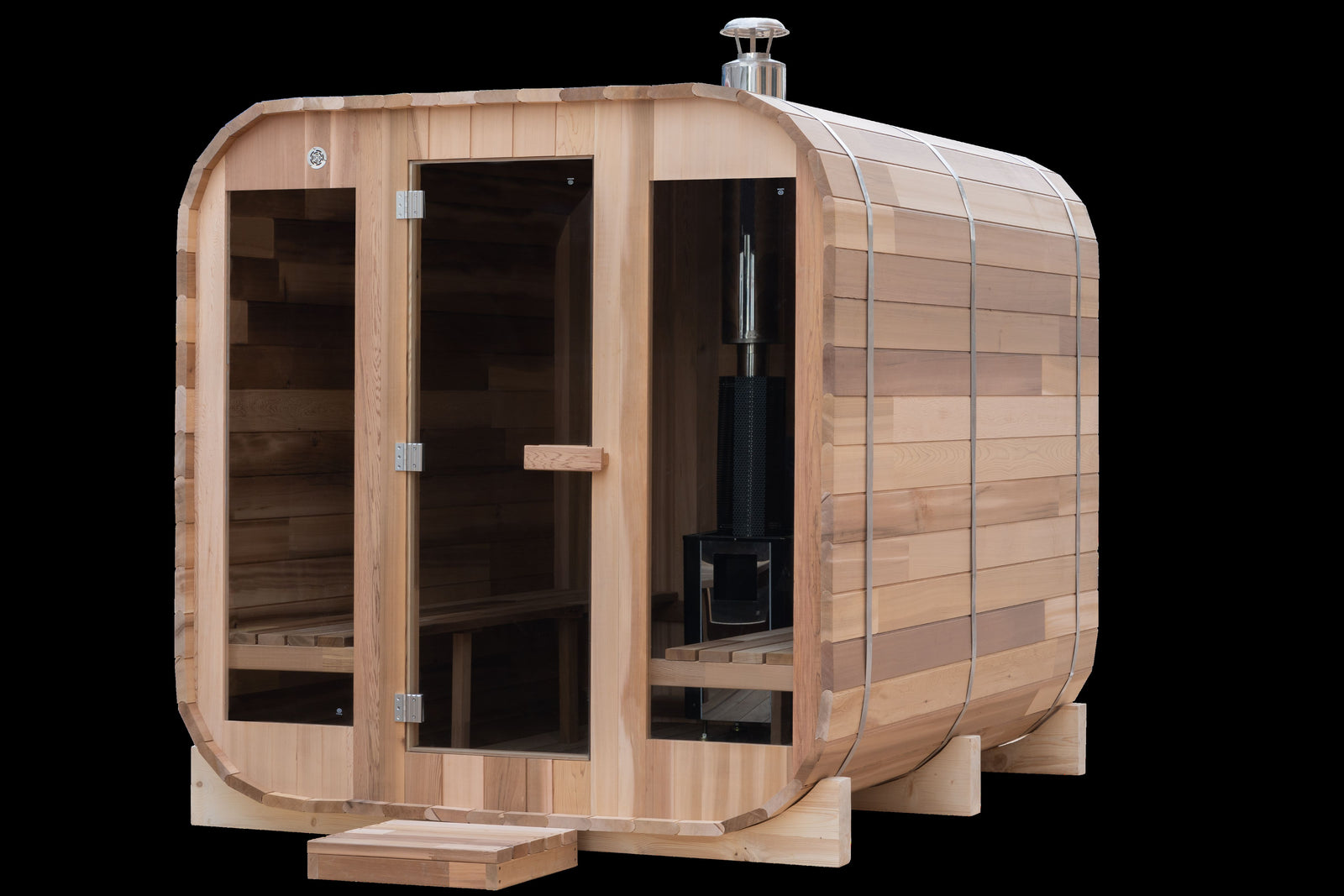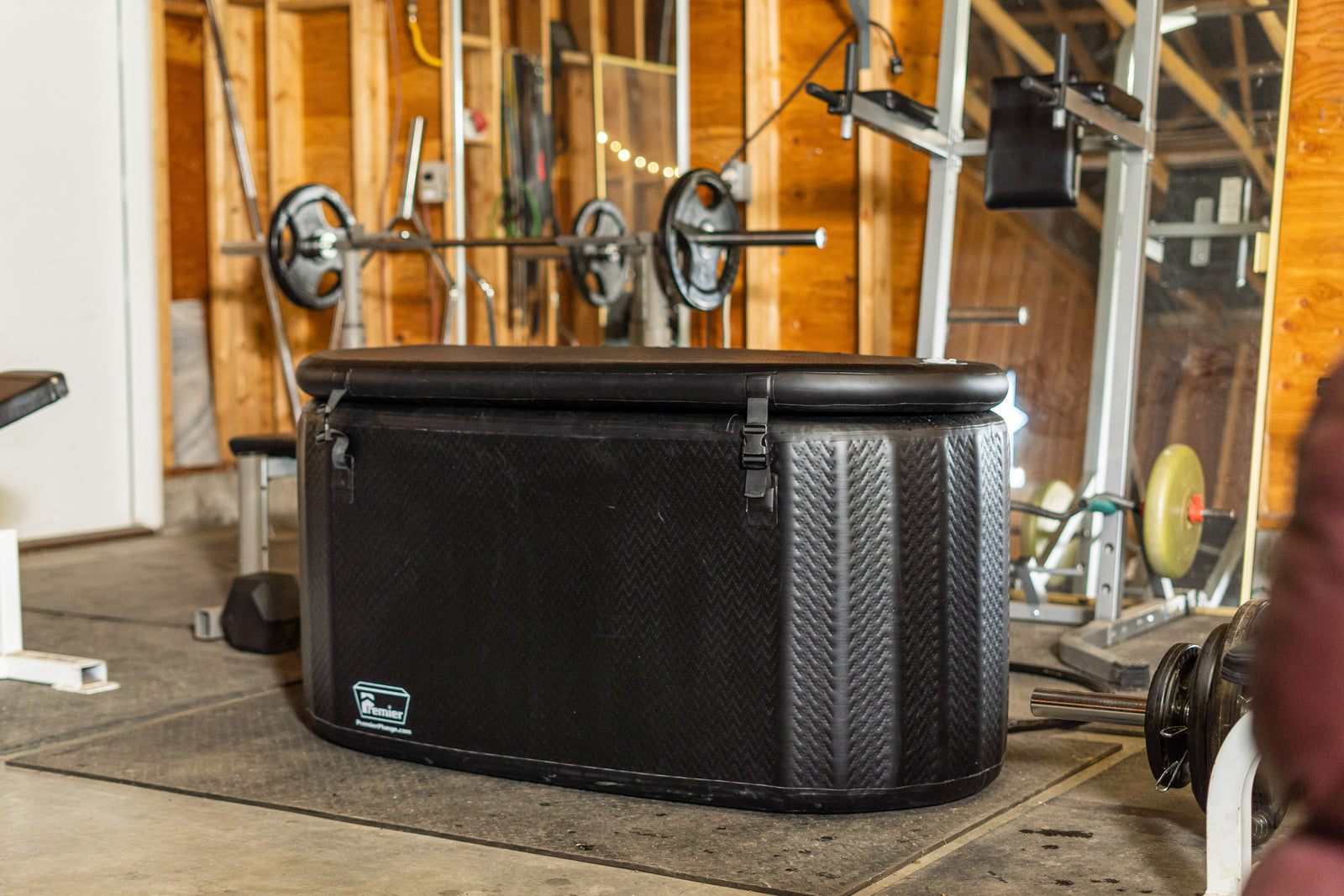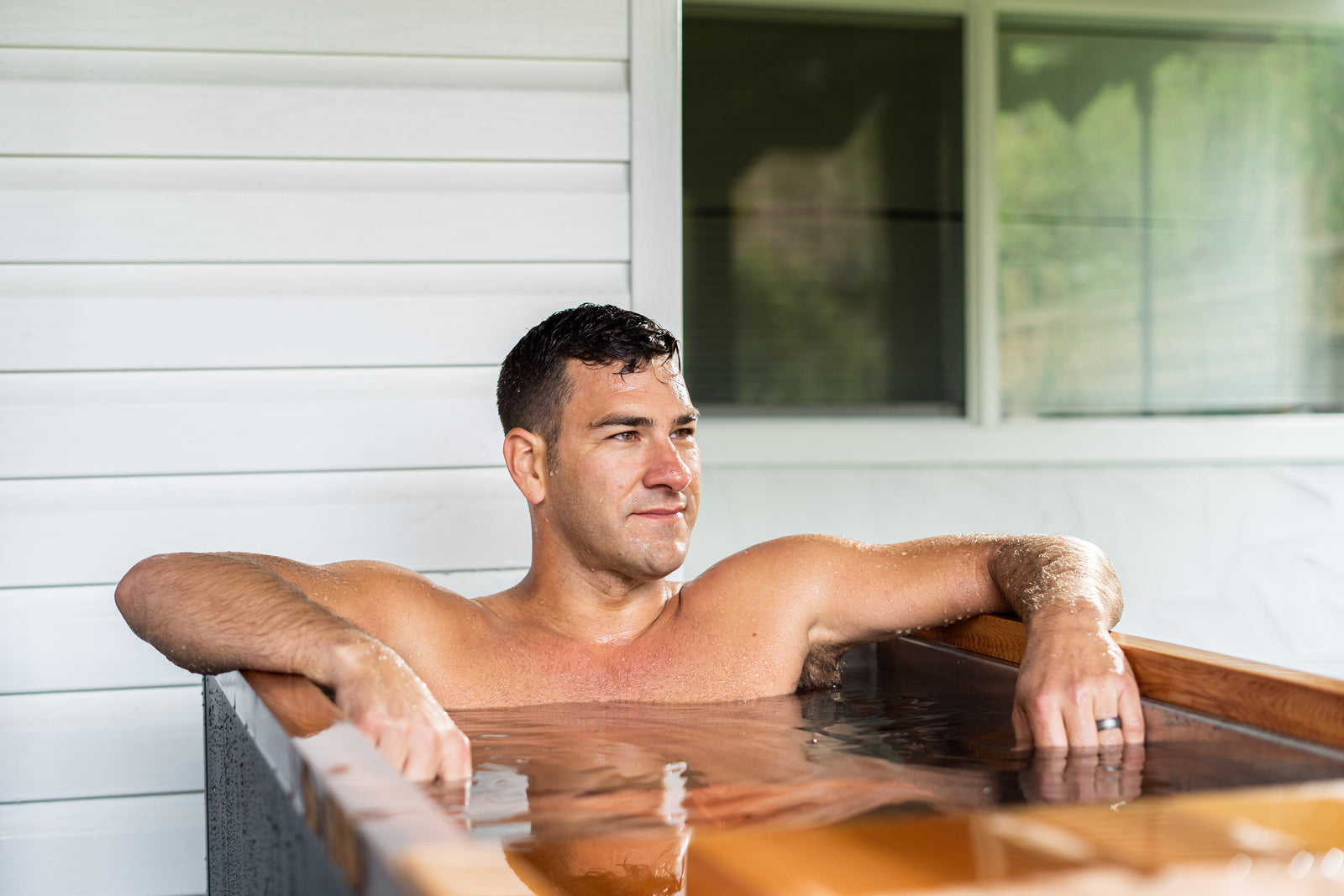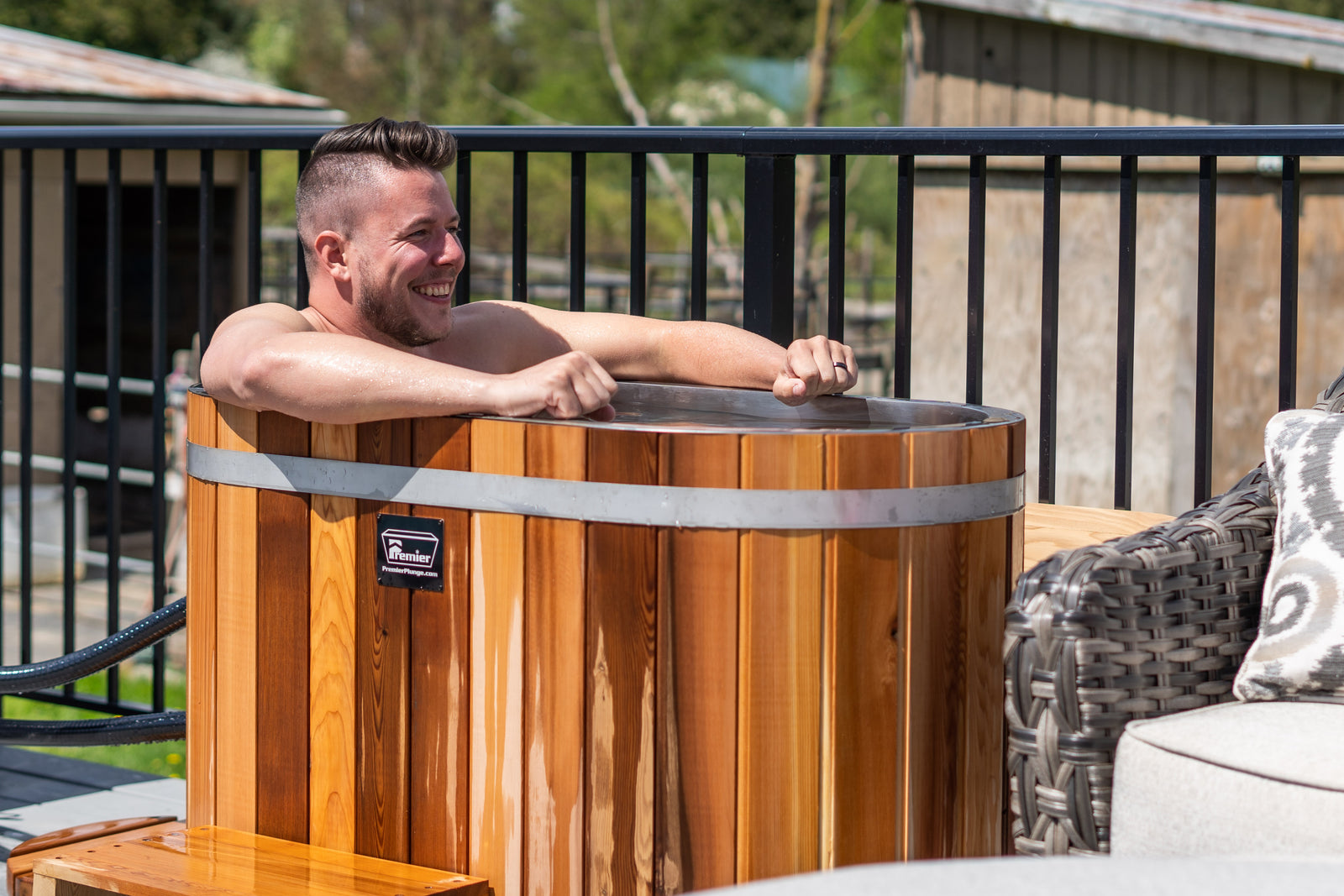
Hot sauna and cold water therapy, also known as contrast hydrotherapy, is a form of contrast therapy that involves alternating between exposure to hot temperatures in a sauna and cold water immersion or shower. This type of therapy has been used for centuries in various cultures around the world and is believed to offer several potential health benefits.
Hot sauna sessions typically involve sitting or lying in a room or enclosed space where temperatures can reach 160-200°F (71-93°C) for a set period of time, often ranging from 10 to 30 minutes. This exposure to high heat is believed to have numerous effects on the body, including increased heart rate, improved circulation, relaxation of muscles, opening of pores to promote sweating and detoxification, and potential mental health benefits such as stress reduction and improved mood.
After a sauna session, cold water immersion or shower is used as the contrasting element. Cold water can be applied in various ways, such as immersing the body in cold water or taking a cold shower. Cold water immersion or showers typically last for a shorter duration, ranging from a few seconds to a few minutes.
The alternating exposure to hot and cold temperatures during hot sauna and cold water therapy is believed to have several potential benefits, which may include:
-
Improved circulation: The heat from the sauna is believed to cause blood vessels to dilate, which can improve circulation and blood flow to the muscles and other tissues. The cold water exposure afterward is believed to cause blood vessels to constrict, which can help flush out waste products and potentially enhance the "pumping" effect, promoting improved circulation.
-
Reduced inflammation: The cold water immersion or shower is believed to have vasoconstrictive effects, which can help reduce inflammation and swelling in injured or inflamed tissues. This can be particularly beneficial for acute injuries or inflammatory conditions.
-
Muscle recovery: The heat from the sauna is believed to help relax muscles, potentially reducing muscle tension and soreness. The cold water immersion or shower may also help to reduce muscle inflammation and promote muscle recovery after exercise or intense physical activity.
-
Detoxification: Sweating induced by the sauna can help to flush out toxins and impurities from the body through the skin, potentially promoting detoxification and cleansing effects.
-
Potential mental health benefits: Hot sauna and cold water therapy may have potential mental health benefits, such as stress reduction, relaxation, and improved mood. The contrast between the hot and cold temperatures is believed to stimulate the release of endorphins and other feel-good hormones, which may contribute to a sense of well-being.
It's important to note that hot sauna and cold water therapy may not be suitable for everyone, and precautions should be taken, especially for individuals with certain health conditions, such as cardiovascular issues, low blood pressure, or skin sensitivities. It's recommended to consult with a qualified healthcare professional before attempting hot sauna and cold water therapy, and to follow appropriate guidelines and safety precautions to ensure its safe and effective use. Click to shop our saunas and cold plunges.





